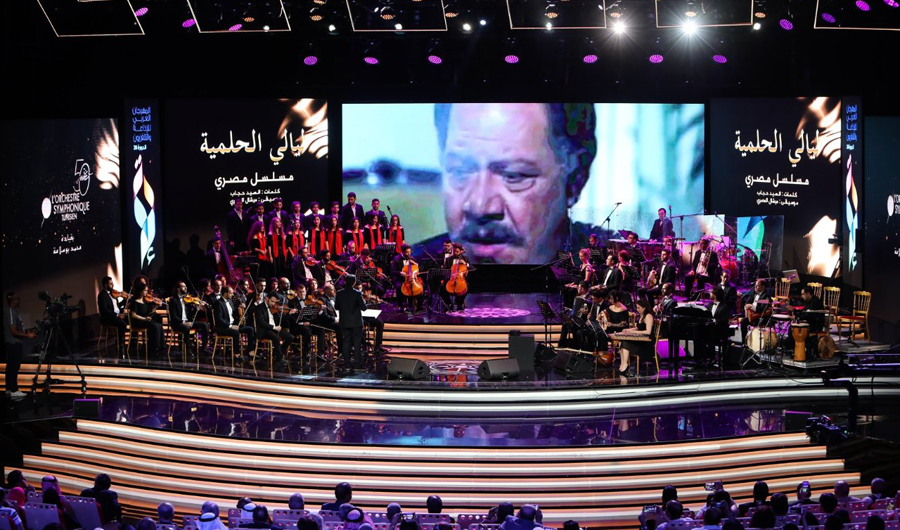ANKARA: Turkey has warned that the latest shelling and mortar attack on one of its observation posts in Syria’s Idlib region, which left one soldier dead and three others injured, would be “punished in the strongest way.”
According to the Turkish Defense Ministry, the military post came under fire on Thursday night from territory controlled by Syrian government forces.
The fatal attack, the sixth on a Turkish observation post since April 29, has put further pressure on the fragile dynamics of the region covered by a de-escalation zone deal between Turkey and Russia.
Following the incident, Turkish officials summoned Russia’s Ankara attaché to Turkish military headquarters in the capital to signal that the attacks would not go unpunished.
UN chief Antonio Guterres recently urged Russia and Turkey to stabilize Idlib, the last stronghold of opposition in Syria, “without delay.”
Ankara has 12 observation posts in the Idlib region, but it is the first time one of its soldiers has been killed in a strike on them. It responded by immediately reinforcing the area.
Ammar Hamou, a Jordan-based Syrian journalist, said the signs were that Russia and Turkey remain committed to their Idlib agreement, but Syrian President Bashar Assad’s regime was not complying.
“There is an attempt to break the agreement from the Syrian side and the Iranian militias, and this may be useful to Russia, which is playing on both sides, as it adheres to its ambitions in Syria and its interests with Turkey,” he told Arab News.
Under the terms of the Sochi agreement inked between Turkey and Russia in September 2018, Moscow is a guarantor state for Damascus and is responsible for preventing regime attacks and any other violation by Iran-backed militia.
Hamou said that any limited Turkish military action against the Assad regime could help to bring Russia and Syria back to the negotiating table.
“Today the Turkish-Russian agreement is in danger not because they do not want to continue, but the regime is provoking local and regional foes to target civilians and kill them. If not, civilians will stand in the face of the Turkish-backed factions that have adhered to the cease-fire agreement,” he added.
Some experts see the Moscow-backed regime attack on the Turkish observation post as a challenge ahead of the Turkish and American presidents’ meeting on the sidelines of the G20 summit in Osaka, Japan.
Emre Ersen, an expert on Russia-Turkey relations from Marmara University in Istanbul, said the latest attack had once again revealed the fragility of the Turkish-Russian consensus in Syria despite their intense military coordination on the ground.
“It also proves that it will not be easy to reach a lasting settlement on the Idlib issue,” he told Arab News.
In late May, the Kremlin, one of the Syrian government’s staunchest allies, said it was Turkey’s responsibility to prevent rebels in Idlib from firing on civilian and other facilities where Russian troops were located.
But experts have suggested that the Sochi deal is no longer working as the balances in Idlib have been fundamentally distorted especially over the last few months.
Ersen said that Moscow was closely watching the diplomatic contacts going on between Ankara and Washington with regard to the east of the Euphrates river. “Therefore, this latest attack might also be taken as a signal of Russian discontent with Turkey’s search for a balance between Washington and Moscow in Syria,” he added.
Russia recently announced that it would complete the delivery, and training, of the S-400 missile defense system to Turkey by the end of the year.
However, Ankara could be prevented from acquiring the US-made F-35 fighter planes and may face economic sanctions if it receives the Russian weaponry.
“Although it currently seems quite unlikely, if Turkey somehow decides to withdraw from the S-400 deal as a result of US pressure, Russia might use the Idlib issue against Turkey with the goal of undermining a possible Turkish-US rapprochement. The timing of these attacks is quite interesting in this regard,” Ersen said.
The escalation of tensions in Idlib and northern Hama in the past month have resulted in 160 civilian deaths and the displacement of more than 200,000 people.





